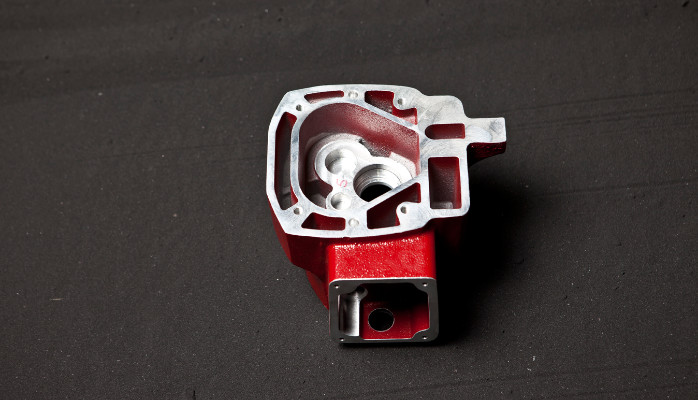
Below is a throwback article from our LinkedIn page from 2015:
Changes in the World of Casting & Machining
Since the dog days of the early 1900’s, when Henry Ford was ram-rodding the idea of an “assembly line”, while his customers were asking him for “faster horses”, OEM’s (Original equipment manufacturers) have sought out machine shops as their primary source for castings. It made sense, the machine shop was the last stop in the line, so from a material flow standpoint, the OEM buys from the machine shop, and the machine shop sources the castings to a foundry.
To stay on Ford analogies, this thinking is like going out and buying a Ford Model A today, it was great at the time, but it’s obsolete. Foundries like LeClaire Manufacturing have pioneered a path of vertical integration, building full force machine shops to complement their Foundries. In LeClaire’s case, over the past 15 years, their machining capabilities have gone from simple milling and drilling to holding .0005” tolerances on hydraulic cylinder bores that require surface finishes held in the Aerospace world.
This article isn’t about machining capabilities though; Sand and Permanent Mold Aluminum Castings are difficult, especially the ones that stay “onshore”. Most of the fence post top and boat anchor castings are long gone to low-cost countries, so to compete in the U.S., you need to offer quality parts and adaptability to customer’s delivery needs (try getting a rush order from an oversea’s vendor, from ingot to machined part, in a week). With the ever-increasing demand for an engineering savvy foundry that can make an impossible part possible, it makes perfect sense for the OEM to go direct to the foundry that has machining capabilities, rather than going through a third-party machine shop. The casting design improvement ideas come from the foundry (the casting experts), these ideas make the challenging castings less likely to leak, cold shut, trap air, and other common casting defects. When OEM’s go directly to the foundry, these improvement ideas do not become muddled through the ‘telephone’ game; the foundry should work directly with the OEM on how to make the challenging parts as robust as possible, with the design considerations of the OEM being discussed openly, the machining is simply in support of the castings, to finish the product.
With this methodology of single-source responsibility, finger-pointing to who is at fault for quality, price, or delivery is all eliminated, only one source involved, and at LeClaire, we fix problems and move forward. At LeClaire Manufacturing, our complex casting AND machining monitoring software have blessed our growth over the past years, we’re excited to keep moving forward and make the most challenging castings, a reality.

